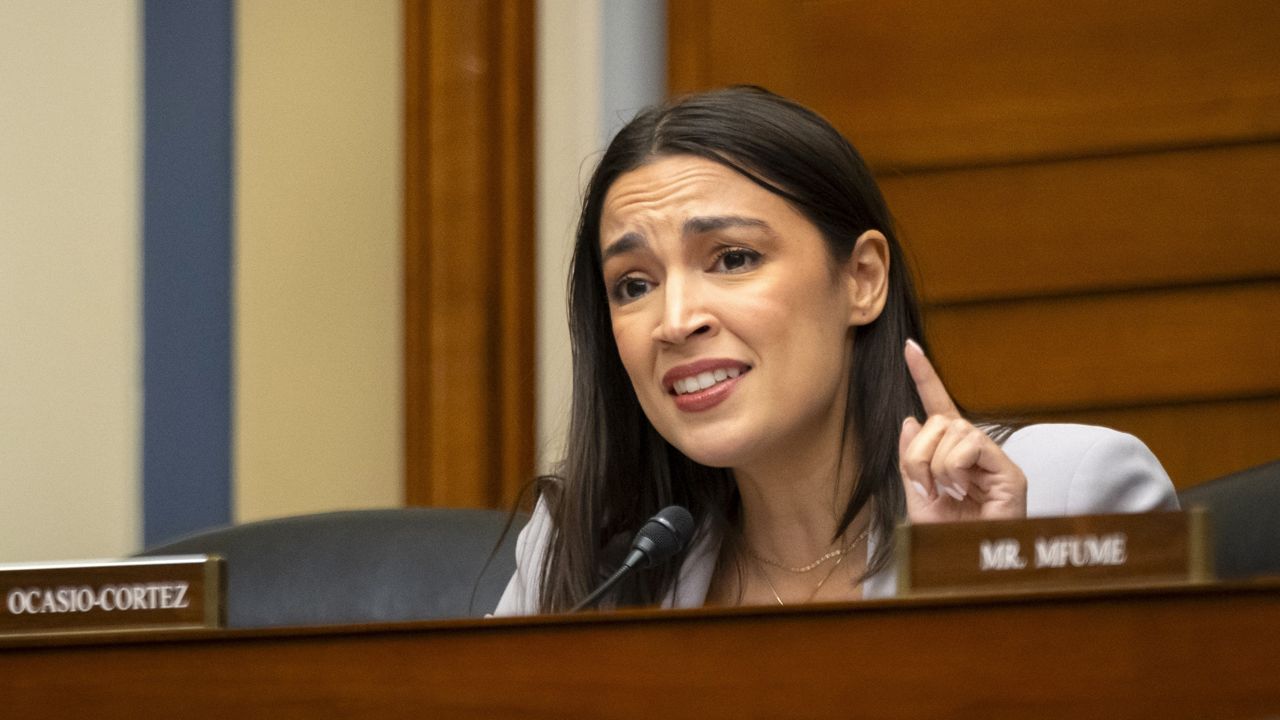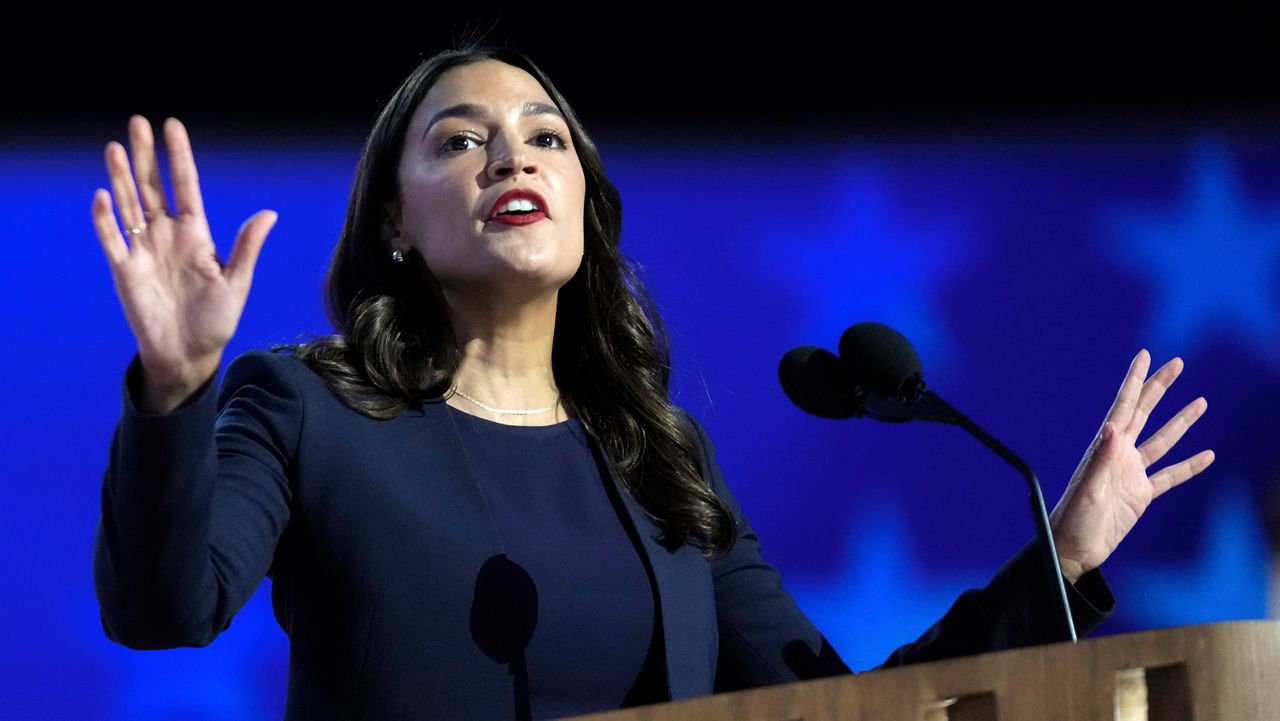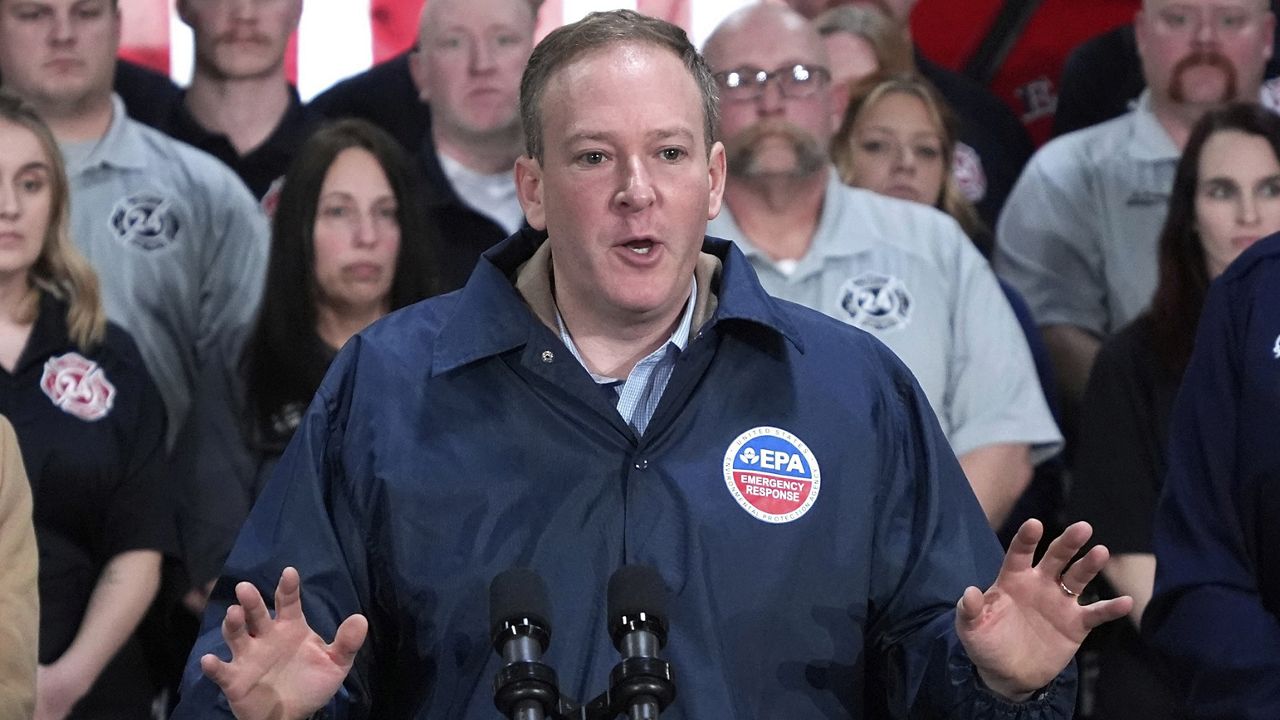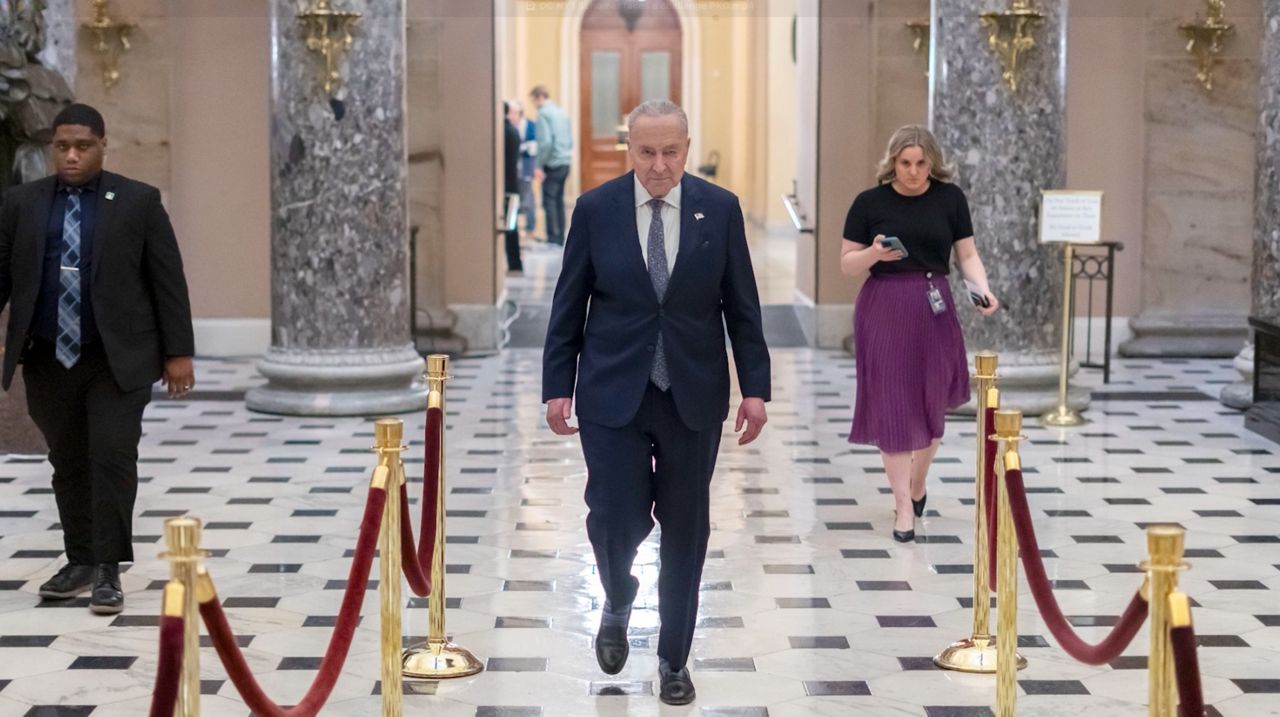As Democrats look to regroup, New York U.S. Rep. Pat Ryan, a moderate who outperformed his party in last year’s election, is encouraging his colleagues to adopt an aggressive message focused on reaching out to working class Americans.
He dubs it "patriotic populism" — a direct response to President Donald Trump’s right-wing populist style, which he describes as “destructive” — and argues it could be instrumental in reversing his party’s fortunes.
“The Democratic Party needs to lean more in and say: We are fighting for the middle class. We are fighting for working people, and we're fighting against folks who might do you harm, whether that's a greedy corporation, whether that's government that's not working to actually help you,” Ryan said in an interview with Spectrum News.
Ryan says he deployed this sort of message — homing in on affordability — during his successful re-election bid in 2024. He beat his GOP rival in his competitive Hudson Valley district by more than 14 points — and he did this as Trump made inroads across New York state overall.
Last week, this approach to messaging was front and center as Ryan joined moderate and progressive Democrats alike in launching the “Monopoly Busters” caucus on Capitol Hill. At a press conference announcing the caucus, lawmakers took aim at corporate greed, calling out grocery store chains and health care conglomerates.
“We’ve let corporate monopolies drive up costs, drive down quality, all while making record-breaking profits,” Ryan said during the press event.
Populism has a long history in the United States, from President Andrew Jackson in the early 1800s to Gov. Huey Long of Louisiana a century later.
Todd Belt, who leads the political management program at the George Washington University, says populism often gains traction when voters are frustrated with their economic situation.
“You appeal to some of the common people, and you use their frustrations with their daily lives to gain political power,” he said. “Sometimes that can be finding a target of those frustrations. That can be an economic elite or it can be a racial minority or other group in society.”
As part of Trump’s right-wing version of this, the president often casts immigrants as the “other.”
Ryan argues that by pushing back with "patriotic populism," Democrats can perhaps chip some voters away.
“Both morally and materially, we need to get this right,” he said. “Certainly politically, we need to get this right.”
Of course, Ryan is not alone in pushing a populist-style message on the left.
Rep. Alexandria Ocasio-Cortez, who is one of the co-founders of the Monopoly Busters caucus, and U.S. Sen. Bernie Sanders have been drawing huge crowds at rallies across the American west, with attendance at times estimated in the tens of thousands. The focus of their ire is what they dub “oligarchs.”
Will "patriotic populism" work? Belt says there is an outstanding “big question of what comes after Trump.”
“If Trump is gone after this term or even if he doesn't have much power after potential losses in the Congress in his midterm elections, there could be a void that needs to be filled by somebody who is willing to speak to people,” he said.









